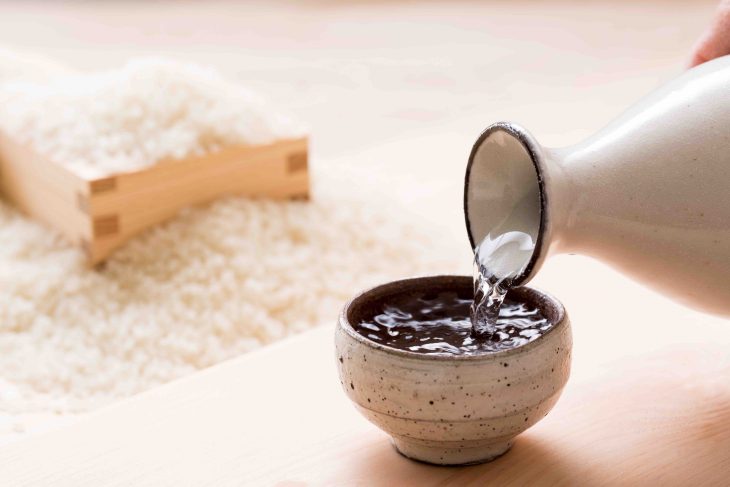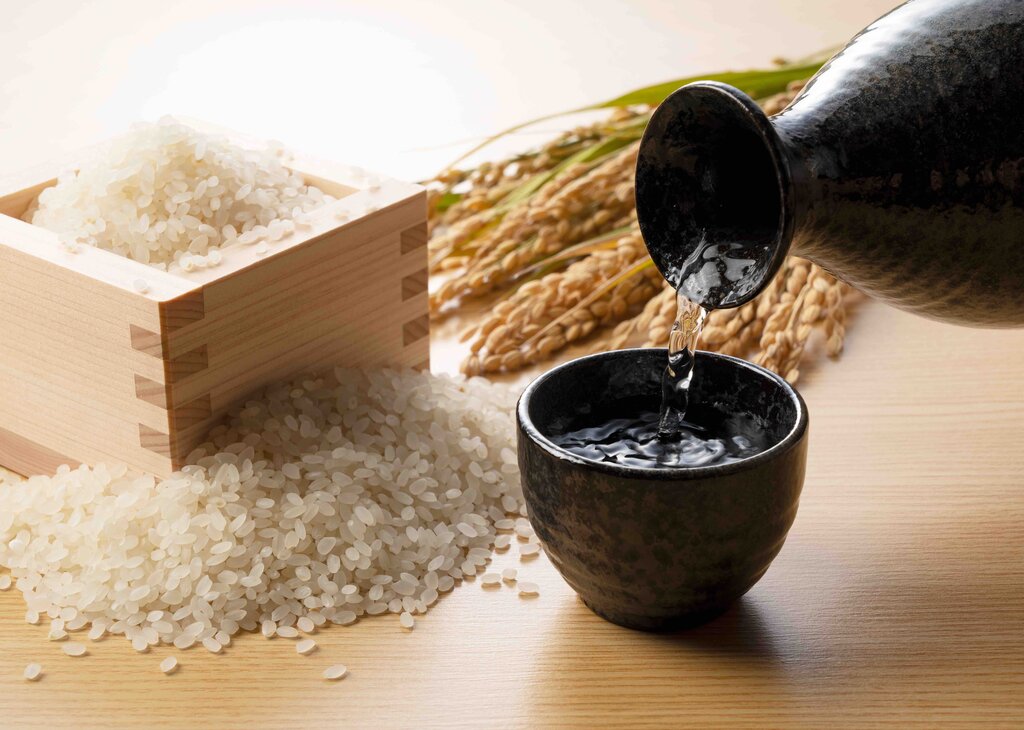
As Japan’s national beverage, sake has a rich history and a unique flavor profile that has captivated drinkers for centuries. This rice-based alcohol, often referred to as “rice wine”, offers a distinct taste and, surprisingly, numerous health benefits when consumed in moderation. Let’s delve into 11 sake nutrition facts to appreciate this traditional drink from a whole new perspective.
Calories in Sake
Sake contains water, alcohol, and multiple nutrients. A typical serving size of sake (approximately 44 milliliters) contains around 39 calories, with most of them coming from alcohol.
No Fat or Protein
Unlike many other alcoholic beverages, sake does not contain fat or protein – great news for those who wish to cut calories.
Low in Sugars
Sake has a relatively low sugar content compared to other alcoholic beverages, making it a reasonable choice for those watching their sugar intake. The sugars naturally present in the rice are almost entirely converted into alcohol during the fermentation process.
Lower Alcohol Content
Compared to hard liquors like vodka or whiskey, sake has a lower alcohol content, usually around 15-20%. This means it can be a lower-alcohol option for those looking to moderate their alcohol intake.

No Cholesterol
Sake is free of cholesterol, making it a heart-friendly choice in comparison to other alcoholic drinks. Research suggests that moderate sake consumption can help increase HDL (‘good’ cholesterol) levels and lower LDL (‘bad’ cholesterol) levels.
Hydration Factor
Surprisingly, sake is about 80% water, and despite being an alcoholic beverage, it can help with hydration. However, this doesn’t mean it can replace water. Remember, the key is moderate consumption.
Amino Acids in Sake
One of the fascinating sake nutritional facts is its amino acid content. These compounds are the building blocks of proteins, and sake contains several of them, including glutamic acid and arginine, which can contribute to overall health.
Presence of Peptides
Research indicates that sake contains peptides (small proteins) that can help lower blood pressure. These peptides function by inhibiting an enzyme responsible for blood vessel contraction, leading to improved circulation.
Rich in Antioxidants
Sake is rich in antioxidants, specifically ferulic acid, which can help prevent cell damage caused by free radicals. This compound may also contribute to a reduced risk of chronic diseases like heart disease and cancer.
Sake’s Digestive Enzymes
One of the less-known sake nutrition facts is the presence of Koji enzymes. These enzymes aid in breaking down the rice starches into sugars during fermentation. They also potentially benefit human digestion when consumed.

Skin Health Benefits
Sake contains kojic acid, a compound known for its skin-brightening effects. Kojic acid can help lighten visible sun damage, age spots, or scars. This means that moderate sake consumption could potentially provide some benefits to your skin health.
Absence of Sulfites
Unlike many wines, sake doesn’t contain sulfites. These compounds can cause adverse reactions in some people, such as headaches or allergies. Sake’s lack of sulfites can be a boon for individuals sensitive to these compounds.
Final Word
In conclusion, these sake nutrition facts shed light on how this traditional Japanese drink contributes to various aspects of health. But remember, as with any alcoholic beverage, the key to reaping these benefits is moderate consumption. So, the next time you pour yourself a cup of sake, you’ll not only enjoy its unique flavor but also appreciate the nutritional benefits it offers.
Was this page helpful?
Our commitment to delivering trustworthy and engaging content is at the heart of what we do. Each fact on our site is contributed by real users like you, bringing a wealth of diverse insights and information. To ensure the highest standards of accuracy and reliability, our dedicated editors meticulously review each submission. This process guarantees that the facts we share are not only fascinating but also credible. Trust in our commitment to quality and authenticity as you explore and learn with us.
